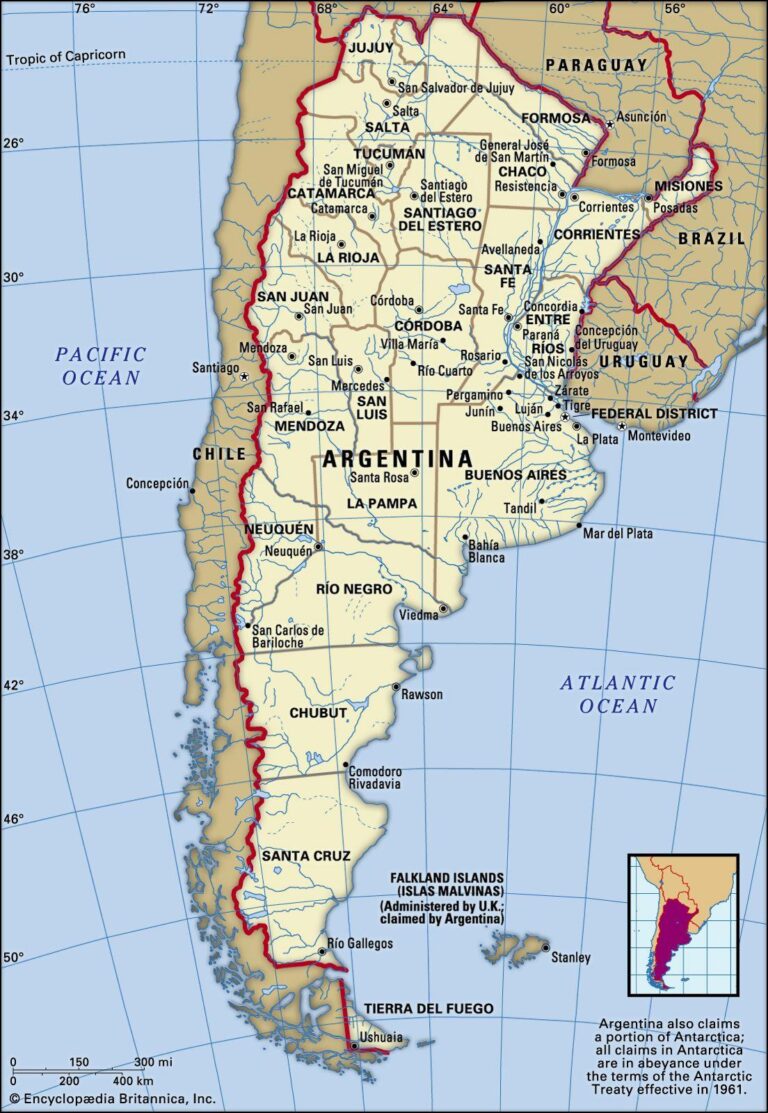Argentina’s President Javier Milei has vetoed a recently passed law aimed at increasing funding for pediatric hospitals, drawing sharp criticism from healthcare advocates and opposition leaders. The legislation, which sought to channel additional resources to improve child healthcare infrastructure and services, was seen as a crucial step in addressing longstanding challenges in the nation’s pediatric health system. Milei’s decision has sparked a heated debate over government spending priorities and the future of healthcare funding in Argentina.
Argentina’s Milei Rejects Key Pediatric Hospitals Funding Law Amid Healthcare Debate
Javier Milei’s recent decision to veto a law aimed at increasing funding for Argentina’s pediatric hospitals has stirred a contentious debate within the country’s healthcare sector. The proposed legislation, which had garnered support from numerous medical organizations and political groups, sought to allocate a dedicated budget to improve infrastructure, medical supplies, and specialized care in child health facilities across Argentina. Critics argue that Milei’s rejection could hinder progress in tackling pressing pediatric health challenges, particularly in underserved regions.
- Funding Target: Expanding pediatric hospital capacities nationwide
- Expected Impact: Improved child mortality rates and better access to treatment
- Opposition View: Fiscal constraints and a demand for more efficient resource management
- Supporter Concerns: Potential rollback of advancements in child healthcare
| Aspect | Proposed Benefits | Government’s Rationale |
|---|---|---|
| Budget Allocation | Increase by 25% for pediatric care | Fiscal prudence |
| Infrastructure | Modernization and expansion of facilities | Prioritize essential spending |
| Medical Supplies | Stockpiling essential medicines | Efficiency over expansion |
The veto reflects Milei’s broader approach to government spending, emphasizing austerity and skepticism towards increased social sector budgets. As the debate intensifies, many pediatric health advocates are calling for renewed dialogue and alternative solutions to ensure that vulnerable children continue to receive necessary care without compromising nationwide fiscal goals.
Implications for Argentina’s Child Healthcare Infrastructure and Access
The veto on funding for pediatric hospitals significantly stalls the expansion and modernization plans essential to Argentina’s child healthcare system. With rising pediatric patient numbers and outdated facilities, the decision threatens to widen the gap in access to specialized care. Many provinces, particularly in underserved rural areas, face the risk of deteriorating service quality and increased travel times for families seeking vital treatments. This setback not only limits the potential for enhancing neonatal intensive care units but also restricts investment in crucial pediatric research and training programs.
- Reduced capacity: Existing hospitals may face overcrowding without expansion funds.
- Equipment shortages: New life-saving technology acquisitions are delayed or canceled.
- Geographical disparities: Rural and low-income areas bear the brunt of limited access.
The implications extend to workforce development, where pediatric specialists and nurses require continual professional growth supported by appropriate infrastructure. Without targeted investment, the recruitment and retention of healthcare professionals in pediatric care may falter, compounded by increasing burnout rates. Ultimately, the veto risks undermining the country’s efforts to achieve equitable child health outcomes, as reflected in the parameters below:
| Key Metric | Current Status | Projected Impact |
|---|---|---|
| Child Mortality Rate (per 1,000) | 10.3 | Potential Increase |
| Pediatric Bed Availability | 3.2 per 1,000 children | Stagnation or Decline |
| Access to Specialized Care | 70% urban vs. 40% rural | Worsening Rural Gap |
Experts Urge Legislative Review and Increased Investment to Address Pediatric Care Gaps
Healthcare professionals and child welfare advocates are raising alarms over the recent veto by Argentina’s President Javier Milei on the proposed funding law targeted at pediatric hospitals. Experts warn that without adequate legislative reform and increased financial support, critical gaps in pediatric care will widen, disproportionately affecting vulnerable populations. Many pediatric wards already operate under strain with outdated equipment, insufficient staffing, and overcrowded facilities, all of which compromise the quality of care delivered to children across the country.
Key concerns highlighted by experts include:
- Insufficient emergency pediatric services in rural and underserved regions
- Lack of investment in specialized pediatric training for healthcare providers
- Outdated infrastructure that fails to meet modern healthcare standards
- Inadequate funding compromising ongoing vaccination and preventive care programs
| Issue | Current Status | Recommended Action |
|---|---|---|
| Infrastructure | Overcrowded, outdated | Increase dedicated capital funding |
| Staffing | Shortage of pediatric specialists | Boost training programs and incentives |
| Preventive Care | Low vaccination coverage in some regions | Expand outreach and education efforts |
In Retrospect
As the debate over healthcare funding intensifies in Argentina, President Milei’s veto of the pediatric hospitals funding law marks a significant turning point. Critics argue the decision may delay critical upgrades and expansion of vital medical facilities for children, while supporters contend it reflects fiscal caution amid broader economic challenges. The coming weeks will be crucial as lawmakers consider whether to override the veto and how the government plans to address pediatric healthcare needs moving forward. Reuters will continue to monitor developments in this unfolding story.




